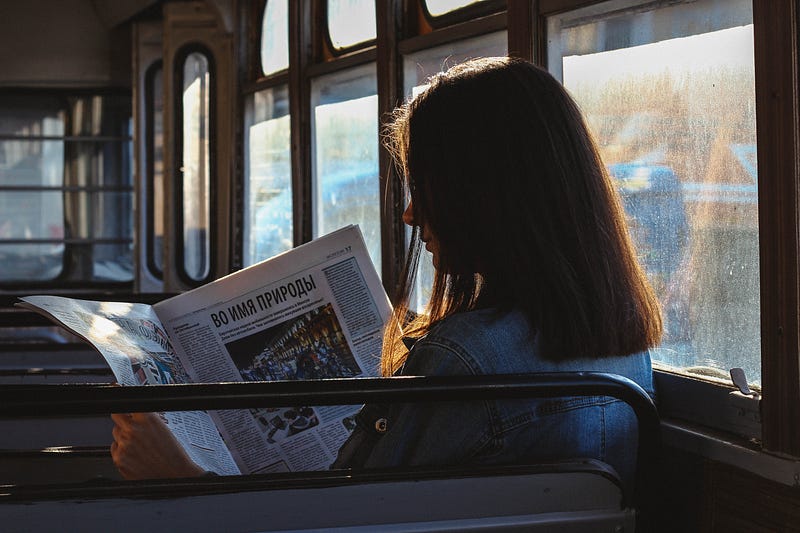Why I Stopped Watching the News: A Journalist's Reflection
Written on
Chapter 1: A Troubling Encounter
During my time in university, one particular news event left me profoundly unsettled, prompting a deep reflection on my life choices. A man tragically jumped from a building, and the incident occurred just fifty yards from where I lived.
“Someone had lost their life,” I thought. In my past, I would have been devastated by such a loss, but as a budding journalist, my reaction was alarmingly different.
Instead of feeling sorrow, my first thought was, “What a compelling news story!” My immediate urge was to grab my camera and microphone, eager to be the first journalist on the scene.
Section 1.1: The Thrill of the Scoop
As a third-year journalism student, the prospect of covering a potential murder was exhilarating. The chance to outshine my peers and be the first to report a significant event was intoxicating. My ego swelled as I rushed to the scene, arriving just after the ambulance had departed. Emergency services were still there, working to clear the area where a life had been lost.
Once I arrived, I set up my equipment, captured images of the scene, and began interviewing other reporters from larger networks as they arrived. The police later confirmed that the man had indeed jumped.
Subsection 1.1.1: The Bitter Truth

The realization hit hard: there would be no dramatic news story, no sensational headlines. Suicides rarely make the news, often reduced to “police incident” in a short clip. I felt an overwhelming sense of defeat; I had hoped for something more sensational.
When I returned home that evening, I interacted with friends and went about my usual activities. But when I lay in bed, a wave of horror washed over me. What had I become?
Chapter 2: A Moment of Clarity
As a child, I was deeply sensitive. I shunned horror films and couldn't bear to witness suffering. The stark reality of a person choosing to end their life sank in—I had been so caught up in my own ambition that I had failed to acknowledge the gravity of the situation.
The guilt that enveloped me was profound, a stark contrast to my earlier eagerness for a good news story. I realized that I had lost sight of my initial goal of practicing journalism with integrity. I had become a person I barely recognized.
Section 1.2: The Impact of Media
Reflecting on this experience, I see similar patterns in today's journalism. The rush to report breaking news often overshadows the humanity involved in tragic events. Newsrooms across the country are driven by the need to generate clicks and keep up with trending topics, leading to a narrative that can be harmful to the public.
Take, for instance, the UK petrol crisis earlier this year. The panic that ensued was largely fueled by media reports, creating a fuel shortage that might not have happened otherwise.
I’ve experienced both sides of the media landscape and have grown weary of it. Now, when I engage with the news, I do so with caution, ensuring I remain informed without being consumed by negativity.
Let’s be mindful of the information we absorb daily—it can accumulate and weigh heavily on our mental health.